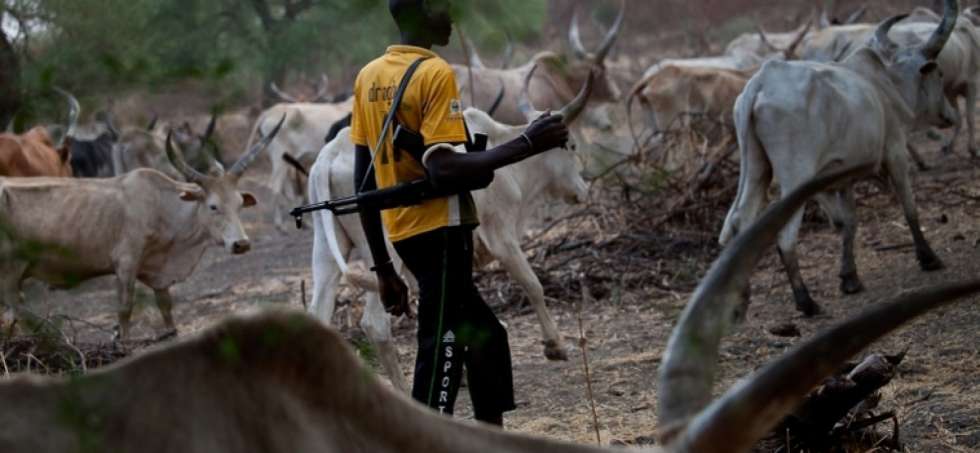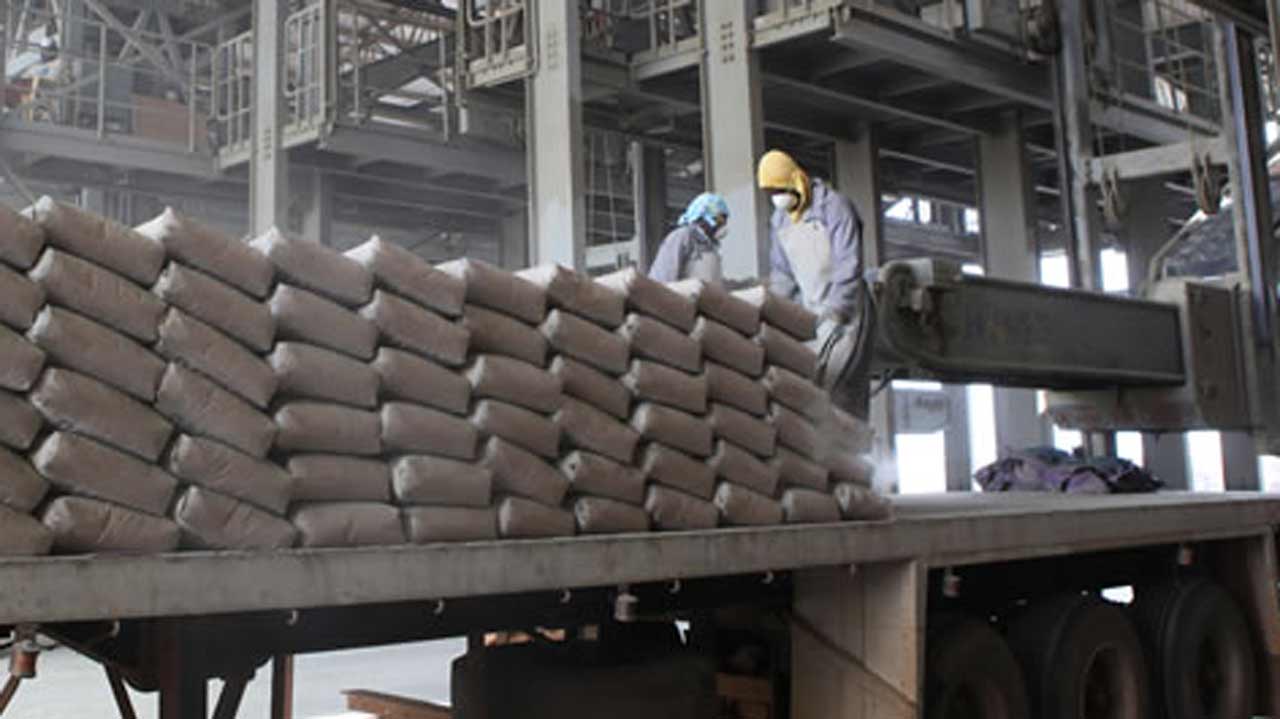..As analysts see visa on arrival as deadly window for foreign herdsmen
Latest World Bank report on Nigerian economy has painted a rather bleak picture of movement without motion in the nation’s quest for agro-economy.
This is palpable fears are growing on the real targets of the latest Federal Government policy of Visa on arrival for African into Nigeria considering the trending influx of herdsmen from the Sahelian region of Africa into Nigeria. The recent case of mounting red flag in an Ondo community farmland by herdsmen is a pointer according to observers.
According to the World Bank report, the Boko Haram insurgency and mainly spreading herdsmen attacks in parts of the country undermined the growth of Nigeria’s agricultural sector in the last four year of federal campaign on agronomy.
The report which recalled that the Federal Government’s Economic Recovery and Growth Plan (ERGP) targets agriculture as a key sector to support economic diversification and import substitution, observed that the official federal inability to support ranching but migratory cow rearing fuelled incessant attacks on farmlands.
Though the Central Bank of Nigeria (CBN) within the period under review had supported agriculture through concessionary financing and risk-sharing programmes such as the Commercial Agricultural Credit Scheme, the Nigerian Incentive-Based Risk Sharing in Agricultural Lending programme, and the Anchor Borrowers Programme, the impacts were bedevilled by herdsmen attacks’.
Otherwise, Nigeria Economic Update by the World Bank showed that agriculture grew by 2.5 per cent in the first half of 2019, marginally up from 2.1 per cent in the first half of 2018.
According to the report, “Agriculture, which constitutes a quarter of the country’s Gross Domestic Product and employs about half of the labour force, picked up slightly, but remains below its potential.
“In the first half of 2019, crop production, which is responsible for 90 per cent of agricultural output, was affected by the ongoing insurgency in the North-East region and by farmer-herder conflicts in the North-Central region.
“Together, those regions produce a significant share of the country’s main crops, particularly grains (sorghum, millet, maize, and rice), beans, yams, cassava, potatoes, groundnuts, sesame, and soybeans.”
Whereas Agriculture is Nigeria’s largest employer, accounting for 40 per cent of its workers, it contributes just 25 per cent to GDP which is low despite the large size of Nigeria’s agricultural sector.
World Bank said “Nigeria’s agricultural sector is vast, but productivity is low.
“Nigeria’s agricultural sector is unusually large by sub-Saharan Africa standards, but the productivity of its labour is below the average for peer countries.”
“Countries regarded as Nigeria’s peers include South-Africa, India, Brazil and Indonesia.
In the submission of the World Bank, “For the past 20 years, agricultural value-added per capita has risen by less than one per cent a year, and marginal yield is far below its potential.
“Most Nigerian farms are small, rain-fed rather than irrigated, with minimal physical capital.
“Agricultural value chains are underdeveloped due to poor infrastructure, inefficient land markets, limited access to finance, unreliable policy, and inadequate market information.
“These conditions discourage investment and inhibit the uptake of new technologies, slowing productivity growth,” the World Bank report averred.









